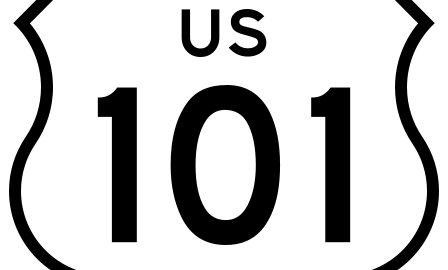The 101 Track is not a highway in California but WordCamp Fayetteville’s version of freshman classes, like Bio 101. For people curious about creating their own website or blog, these sessions are for you. WordPress, an open-source platform*, also has the advantage of being largely free. That, and it’s both stable and innovative.
First, and this is important, you’ll find on checking in Saturday, Aug. 1, (advance registration required) a light continental breakfast in the lobby of the Donald W. Reynolds Center for Enterprise Development at the University of Arkansas.
The track begins at 9 a.m. with the 101 of the 101, “Intro to WordPress,” led by Fayetteville-based freelance writer Ben Pollock, who also is the coordinator for the beginner classes. The session will cover the basics of using WordPress to create — for free — both blogs and conventional websites for personal and business projects. WordPress.com will be the basis of demonstrations to create a site then create individual pages and posts. WordPress.org — and there are differences with WordPress-dot-com and -dot-org — details will be integrated into the presentation.
At 10, Neal Colston of Paze Interactive will discuss “Essentials about Themes and Plugins,” the building blocks of your WordPress website. Themes are sets of templates for the overall look and features of your WordPress website. Plug-ins are special apps to customize your site.
People exploring website building often see advice or marketing about SEO, or Search Engine Optimization. Angela Belford of The Belford Group gives the primer “SEO for Beginners.” Basic settings in WordPress are a great start in optimizing SEO, and primary strategies that Angela will present are wise to keep in mind as you develop your site.
Noon means lunch, included in your registration. Afterward is the 2015 WordCamp keynote address, by Josepha Haden Chomposy.
 Beginning the afternoon 101 sessions is Jamie Smith with “Writing in WordPress for Beginners.” Jamie, an independent writer for businesses and organizations, explains, “Writing for online audiences is different than writing for print in several ways including different patterns and SEO considerations. This session will give an overview of how online audiences read content, best practices for working through WordPress to get the best SEO and reader-friendly content, and best practices for writing engaging content.”
Beginning the afternoon 101 sessions is Jamie Smith with “Writing in WordPress for Beginners.” Jamie, an independent writer for businesses and organizations, explains, “Writing for online audiences is different than writing for print in several ways including different patterns and SEO considerations. This session will give an overview of how online audiences read content, best practices for working through WordPress to get the best SEO and reader-friendly content, and best practices for writing engaging content.”
The last formal 101 session belongs to Christopher Spencer, a content strategist for the University of Arkansas, with “Beginning Google Analytics.” Christopher explains, “The first step to solid content strategy is looking at the behavior of visitors.” He’ll explain how to install Google Analytics into your site and basics to understanding the data.
The beginners track concludes with “WP101 Q and A.” If you didn’t already have lots of questions about WordPress, you surely will by 4 o’clock. Bring in those curiosities and confusion, and experts will be on hand to answer them. Our panelists will include teachers of the 101 programs.
*Open Source — what’s that? Below is a little video with the basics, “What is Open Source, Explained in Lego.” Open-source code is in wide use — Mozilla’s Firefox browser is an example — and it has historical underpinnings going back to Benjamin Franklin.
